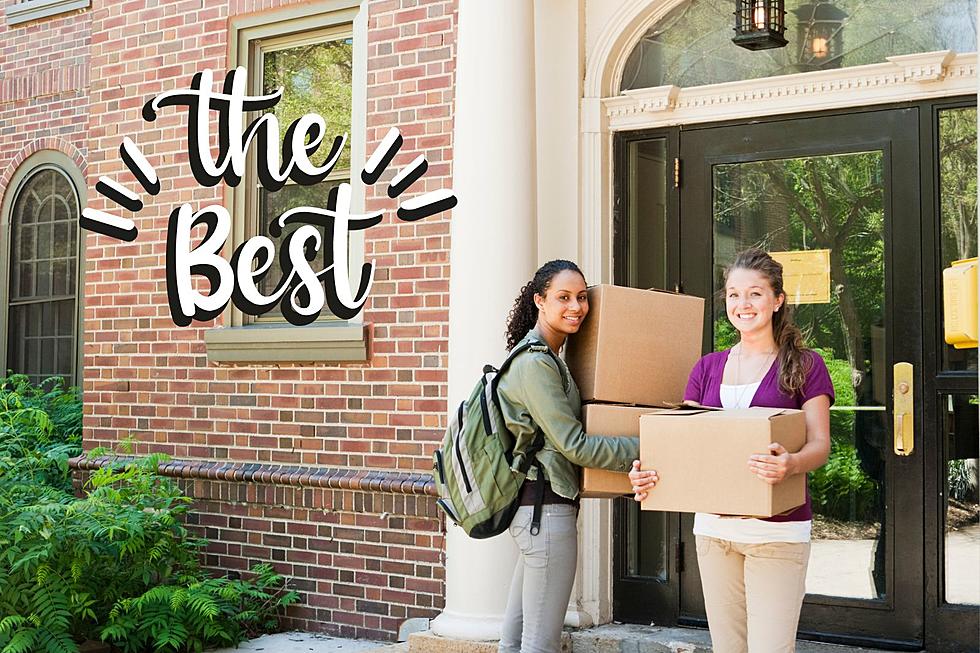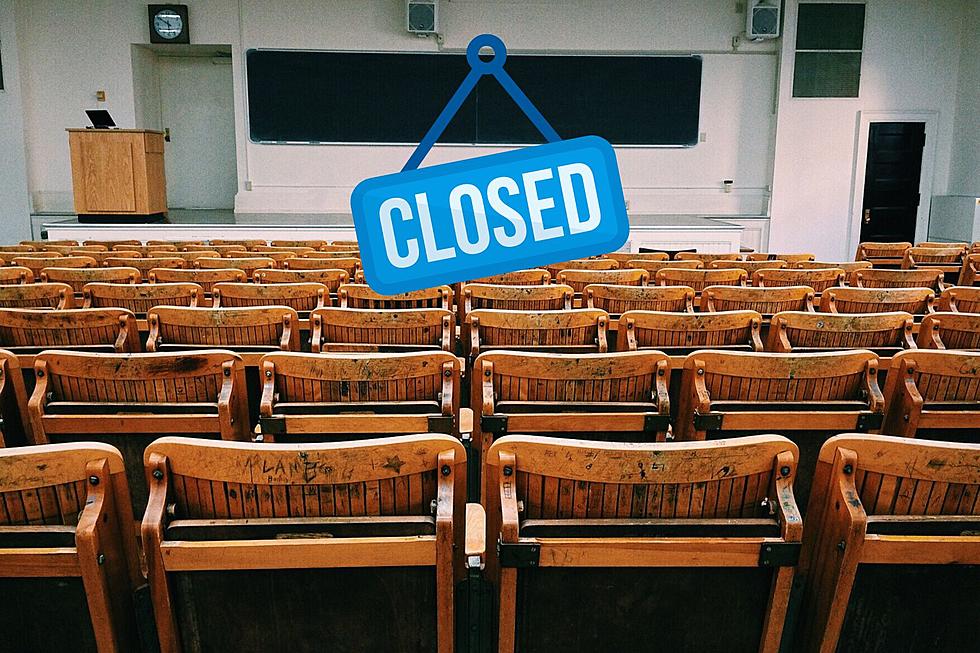
Michigan School Counselor Numbers Amongst Worst in the Nation
In Michigan's educational landscape, a troubling statistic looms large: the overwhelming disparity in student-to-counselor ratios. With counselors stretched thin, students, particularly those from marginalized communities, face significant barriers in accessing vital mental health support and college guidance.
At the heart of the issue lies an alarming reality: Michigan trails behind nearly every other state in counselor availability, grappling with the second-worst student-to-counselor ratio in the nation according to Axios.
What is Michigan's Student-to-Counselor Ratio?
In 2023, Michigan's student-to-counselor ratio was 598-1. To put things into perspective, the recommended student-to-counselor ratio is 250-1, meaning Michigan schools are over doubling the recommended ratio.
The implications are profound. Without adequate counselor support, these students are left to navigate the college application process alone, facing daunting hurdles and systemic barriers.
The impact of the pandemic has further exacerbated the situation, with youth depression and anxiety rates doubling, per the president of the Michigan Association of School Psychologists, Lauren Mangus.
School counselors serve as a vital middleman, connecting students with essential mental health resources, addressing behavioral challenges, and providing invaluable guidance on academic and career pathways.
As Michigan and other states grapple with these challenges, it's important to recognize the urgent need for comprehensive solutions that prioritize student well-being and equity.

Per Axios' report, there are an estimated 8 million students without access to a school counselor in the United States.
While Michigan's in-school mental health resource numbers are staggeringly low, the good news is it has been recognized. According to Chalkbeat, Michigan has added more than 1,300 mental health professionals to its schools since 2018 with additional state funding.
Check Out Before and After Pictures From the Demolition of E.T. White School in Lapeer
More From Cars 108









